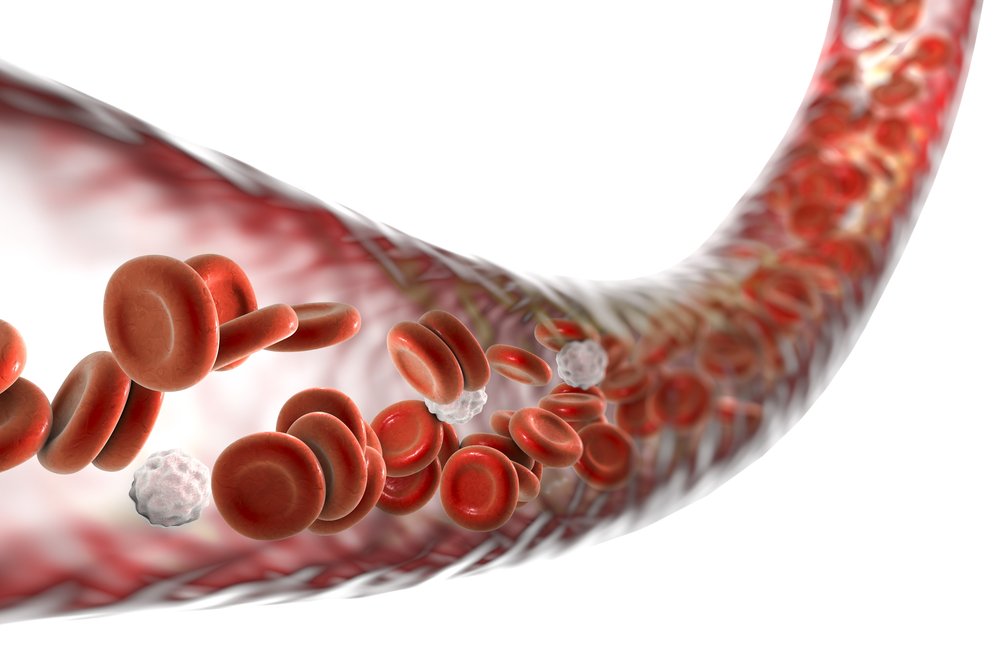HemaCare Expands Portfolio of Disease State Cells for Biotech Research

HemaCare Corporation‘s recent expansion of its disease state materials portfolio includes serums from rare diseases such as granulomatosis with polyangiitis (GPA).
The Los Angeles-based supplier of human blood and immune cells for biotech research added to the portfolio in response to increased demand from its customers in the drug discovery and development research communities, according to the company. In addition to GPA, HemCare has added serums from other rare diseases including mixed connective tissue disease (MCTD), dermatomyositis and polymyositis (PM/DM), and plasmas or serums from infectious diseases including human immunodeficiency virus (HIV), hepatitis, and Zika and Dengue fever viruses.
HemaCare said it is also expanding its cryopreserved peripheral blood mononuclear cell (PBMC) biorepository. PBMCs are blood cells with a round nucleus, consisting mostly of two types of immune cells called monocytes and lymphocytes.
“We continue to respond to market demand for high quality blood cells to address increasingly diverse applications of cell therapy and diagnostics,” HemaCare’s chief executive officer Pete van der Wal, said in a media release. “We have secured our access to cells from donors with various disease states through partnerships with specialty physicians and clinics across the country. These partnerships will expand our customer base as well as serve new initiatives for our existing customers in cell therapy and bio-pharmaceutical companies.”
HemaCare can also provide whole blood, plasma, and peripheral blood mononuclear cells (PBMCs) for research on diseases such as mixed connective tissue disease (MCTD), dermatomyositis and polymyositis (PM/DM)
Researchers use immune cells or plasmas and serums primarily to test the safety and effectiveness of new clinical therapies in the patient population, as well as to detect potential disease biomarkers. These therapies may be designed to harness the immune system for the treatment and cure of cancer, but may also modulate immune responses in degenerative diseases, and immune and genetic disorders.
HemaCare can supply researchers with an extensive range of fresh and cryopreserved diseased primary cells and blood components isolated from blood, bone marrow, and cord blood. These resources can be used at all stages of cell therapy development, ranging from basic biological research at academic institutions to pharmaceutical cell development by large pharmaceutical companies.
The company emphasizes consistency in collection of its samples, noting that while biological samples have inherent variability, the company’s standardized collection procedures can provide high-quality, consistent primary human cells and biological products.







